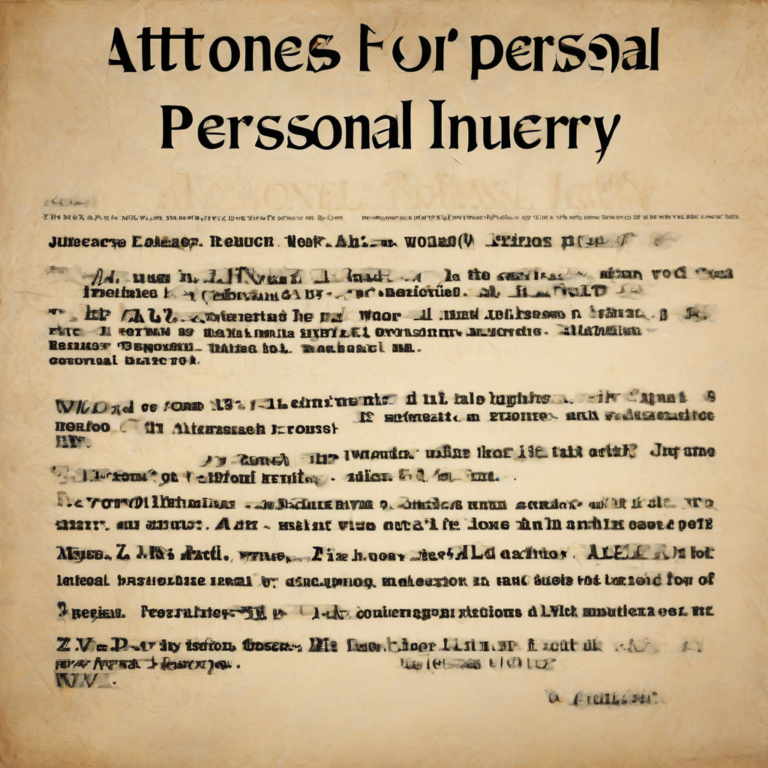
Navigating the Complexities of Divorce: Your Guide to Finding the Best Divorce Attorney in Tampa, FL
Divorce is a deeply personal and often challenging experience. In the midst of emotional turmoil and complex legal procedures, finding the right legal representation can make all the difference. If you’re facing a divorce in Tampa, Florida, selecting a qualified and experienced divorce attorney is paramount to protecting your rights and securing a favorable outcome. This comprehensive guide will equip you with the knowledge and tools to navigate the process effectively and find the best divorce attorney to represent your interests.
Understanding the Tampa, FL Divorce Landscape
Tampa, Florida, like any major city, has a diverse legal landscape. The number of divorce attorneys practicing in the area can be overwhelming, making the selection process crucial. Understanding the nuances of Florida’s divorce laws and the specific expertise required for your situation is key. Factors like the presence of children, significant assets, high-net-worth scenarios, or complex property division all necessitate a specialized approach.
- Florida’s No-Fault Divorce Laws: Understanding Florida’s no-fault divorce system is fundamental. This means you don’t need to prove fault (adultery, abandonment, etc.) to obtain a divorce. However, the division of assets and alimony are still crucial aspects that require skilled legal navigation.
- Child Custody and Support: Cases involving children require a nuanced understanding of Florida’s child custody laws, including timesharing arrangements, child support calculations, and parental responsibility. A skilled attorney can advocate for your best interests and ensure the well-being of your children.
- Equitable Distribution of Assets: Florida is an equitable distribution state, meaning marital assets and debts are divided fairly, but not necessarily equally, between spouses. A knowledgeable attorney will help you identify and value your assets to ensure a fair distribution.
- Alimony and Spousal Support: Alimony awards in Florida depend on various factors, including the length of the marriage, the financial circumstances of each spouse, and the contributions of each party. Experienced attorneys can effectively negotiate or litigate for favorable alimony arrangements.
Key Qualities to Look for in a Tampa Divorce Attorney
Finding the right attorney requires careful consideration of several crucial qualities:
- Experience and Specialization: Look for attorneys with a proven track record in handling divorce cases similar to yours. Specialization in areas like high-net-worth divorces, complex property division, or international divorces is essential if your case requires it.
- Communication and Accessibility: Effective communication is crucial. Choose an attorney who is responsive, readily available to answer your questions, and keeps you informed throughout the process.
- Legal Strategy and Negotiation Skills: A successful attorney will develop a comprehensive legal strategy tailored to your specific situation. Strong negotiation skills can often lead to favorable settlements, avoiding lengthy and costly litigation.
- Reputation and Client Testimonials: Research the attorney’s reputation by reading online reviews, checking client testimonials, and speaking with past clients if possible. Look for consistent positive feedback regarding their professionalism, competence, and effectiveness.
- Fees and Payment Plans: Understand the attorney’s fee structure, including hourly rates, retainer agreements, and any potential additional costs. Inquire about payment plans if necessary to ensure affordability.
- Compassion and Empathy: Divorce is emotionally challenging. Choose an attorney who demonstrates compassion, empathy, and understanding during this difficult time.
Finding the Right Tampa Divorce Attorney: A Step-by-Step Guide
- Online Research: Start by using online search engines (Google, Bing, etc.) to find divorce attorneys in Tampa, FL. Look for attorneys with websites that clearly outline their experience, areas of specialization, and client testimonials.
- Bar Association Resources: Consult the Florida Bar Association website to verify the attorney’s license status, disciplinary history, and areas of practice. This ensures you’re working with a qualified and reputable professional.
- Referrals and Recommendations: Ask friends, family, or colleagues for referrals. Word-of-mouth recommendations can often be a valuable resource.
- Consultations: Schedule consultations with several attorneys to discuss your case. This allows you to compare their expertise, approach, and communication style. Prepare a list of questions in advance to ensure you gather the necessary information.
- Review Attorney Profiles: Thoroughly review the attorney’s online profile on sites like Avvo, Justia, or Martindale-Hubbell. Look for ratings, reviews, and case results.
- Check for Specialization: Confirm that the attorney’s experience aligns with the complexities of your case. A specialized attorney will be better equipped to handle unique aspects of your situation.
- Assess Communication Style: During the consultation, pay close attention to the attorney’s communication style. Do they listen attentively? Do they explain legal concepts clearly? Do they make you feel comfortable and confident in their abilities?
- Discuss Fees and Payment Options: Clearly understand the attorney’s fee structure and payment options to ensure it fits within your budget.
- Trust Your Gut Feeling: Ultimately, choose an attorney with whom you feel comfortable and confident. Trust your instincts when making this important decision.
Questions to Ask Potential Divorce Attorneys
Preparing a list of questions for your consultations is crucial. Here are some essential questions to ask potential attorneys:
- What is your experience in handling cases similar to mine?
- What is your approach to divorce cases – collaborative, litigious, or a combination?
- What is your fee structure, and are there any additional costs I should expect?
- How will you keep me informed throughout the process?
- What is your success rate in cases like mine?
- How do you handle communication with the other party and their attorney?
- What is your strategy for addressing my specific concerns (child custody, asset division, alimony)?
- Can you provide me with references from past clients?
- What is your contingency plan if negotiations fail?
- How long do you anticipate the process will take?
Beyond Legal Representation: Support Systems During Divorce
While a skilled divorce attorney is essential, remember that navigating divorce also requires emotional and mental support. Consider the following resources:
- Therapists and Counselors: A therapist can provide emotional support and guidance during this challenging transition.
- Support Groups: Connecting with others going through similar experiences can provide comfort and a sense of community.
- Financial Advisors: A financial advisor can help you manage your finances and create a plan for the future.
- Family and Friends: Lean on your support network for emotional strength and practical assistance.
Divorce is a complex legal and emotional journey. By carefully researching and selecting a qualified Tampa divorce attorney, understanding Florida’s divorce laws, and utilizing available support systems, you can navigate this process effectively and work towards a positive outcome.




